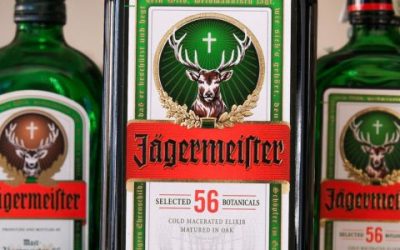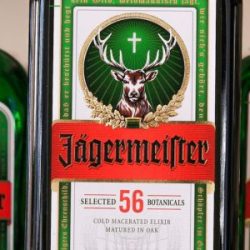Burberry has triumphed over Baneburry in a trademark infringement and unfair competition case after the Jiangsu Provincial High People’s Court ruled in its favor.
Xinboli Trading Shanghai (Xinboli), trading as Baneburry, was ordered to cease use of the infringing marks, had its own registrations declared invalid, and was ordered to pay Burberry RMB 6 million (approximately £655,633) in costs due to the scale of the infringement.
Burberry filed its trademark infringement and unfair competition case against Xinboli Trading Shanghai in 2020. Burberry claimed that Xinboli had infringed Burberry’s trademarks by marketing and selling products bearing trademarks that were confusingly similar to its earlier rights, namely the word mark BURBERRY, the famous check pattern, and the equestrian logo.
| Burberry Limited | Xinboli Trading Shanghai |
|
IR TM no 733385 BURBERRY in classes 3 and 18 Chinese TM no. 18236234 IR TM no. 732879 IR TM no. 987322 |
Chinese TM no 5735060 Chinese TM no. 7199528
. |
The infringing products were sold on Tmall (a Chinese e-commerce platform) and WeChat (a messaging app) and in a significant number of pop-up shops (more than 40 in a year in China).
In January 2021, Burberry was granted a preliminary injunction by the Intermediate People’s Court of Suzhou, resulting in Xinboli having to cease use of the infringing marks for the duration of the litigation proceedings.
While preliminary injunctions are not commonly granted in China, the well-known status of Burberry’s trademarks (which predated the date of first use by Xinboli of the conflicting marks) meant that Burberry was granted this intermediary relief by the court.
The court found that Xinboli had used identical fonts, hang tags, and packaging to that of Burberry, which resulted in a high likelihood that Burberry’s marks had been infringed and thus justified granting the injunction while the proceedings took place.
The case resulted in the injunction being extended and Xinboli’s marks being declared invalid. This is also significant; in China, there is a five-year window in which third parties can apply to invalidate trademark registrations. Although Xinboli’s marks were out of the five-year window for invalidation proceedings, the Intermediate People’s Court of Suzhou concluded that the marks had been filed in bad faith in an attempt to profit from the established prestige of the Burberry brand.
The invalidation actions were, therefore, successful as Burberry’s attorneys filed a significant amount of evidence (reportedly over 5,000 pages) to show that the Burberry brand was well-known in China at the time of Xinboli’s applications. This, combined with the nature of Xinboli’s use, was sufficient evidence that the marks were applied for and subsequently registered in bad faith.
This is in line with Article 45 of the Trademark Law of the People’s Republic of China which states the registered marks can be declared invalid “if a registered trademark is used on crudely manufactured commodities that are passed off as being of high quality, and thus deceives the consumers, the administrative departments for industry and commerce at various levels shall, according to the circumstances, order rectification of the situation within a specified period and may, in addition, circulate a notice on the matter or impose a fine, or the Trademark Office may revoke the registered trademark.”
Although Chinese Trade Mark Law does not take into consideration bad faith, the Guidelines for the Trial of Trademark Right Granting and Verification Cases published by the Beijing High People’s Court have guidelines for determining whether a filing is in bad faith.
China is a notoriously difficult territory to navigate when it comes to protecting and enforcing IP. The stringent examination procedure means that objections to applications will almost certainly be received and can be very difficult to overcome. The sub-classification system and the crowded nature of the register also present challenges for brands seeking to protect their marks in China.
In terms of enforcement, brands face a myriad of issues from bad faith trademark registrations (such as those in the current case) to counterfeit goods and online infringements.
However, this decision shows how important it is for brands to invest in protection in China, as Burberry has done successfully here with its trademarks, and for brands to be brave in enforcing those rights via the court where necessary.
This decision will be welcome to fashion brands as it shows that the Chinese courts are willing to take appropriate action against blatant infringers and assist brand owners in protecting their IP rights and brand reputation in China.
You may also like…
UEFA partners with Alliance for Creativity and Entertainment to enhance global anti-piracy strategy
October 21, 2025 - The Union of European Football Associations (UEFA) has officially joined the Alliance for...
EUIPO and UANIPIO welcome the integration of Ukraine’s trademarks into TMview
The European Union Intellectual Property Office (EUIPO) and the Ukrainian National Office for Intellectual Property...
Jägermeister succeeds in opposing the EU trademark application Alten Kräuterfrau for alcoholic beverages
Mast-Jägermeister SE filed an opposition on the grounds of Article 8(1)(b) – likelihood of confusion between the signs...
Contact us to write for out Newsletter


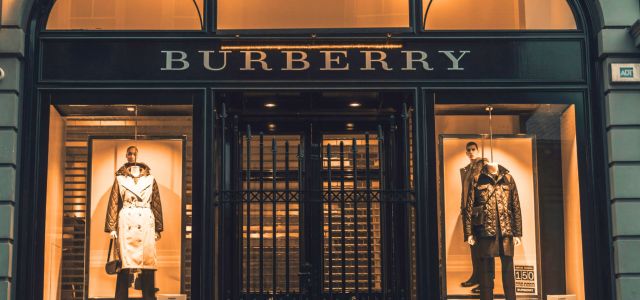
 in class 25
in class 25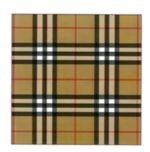 in classes 3, 18, 25
in classes 3, 18, 25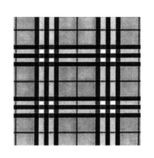 3, 9, 14, 18, 24, 25
3, 9, 14, 18, 24, 25





